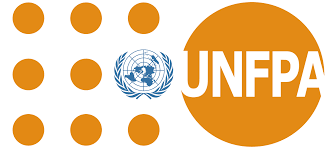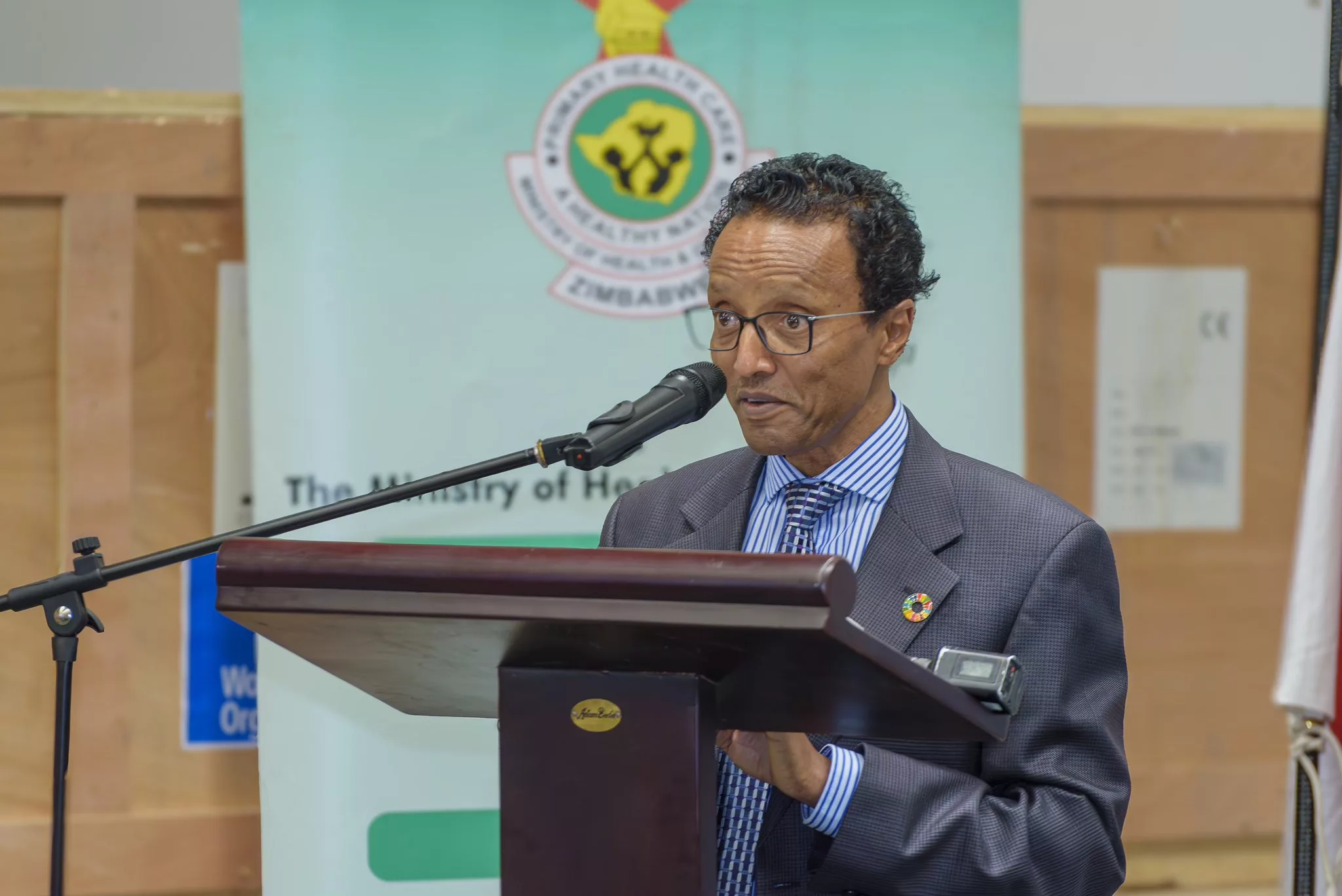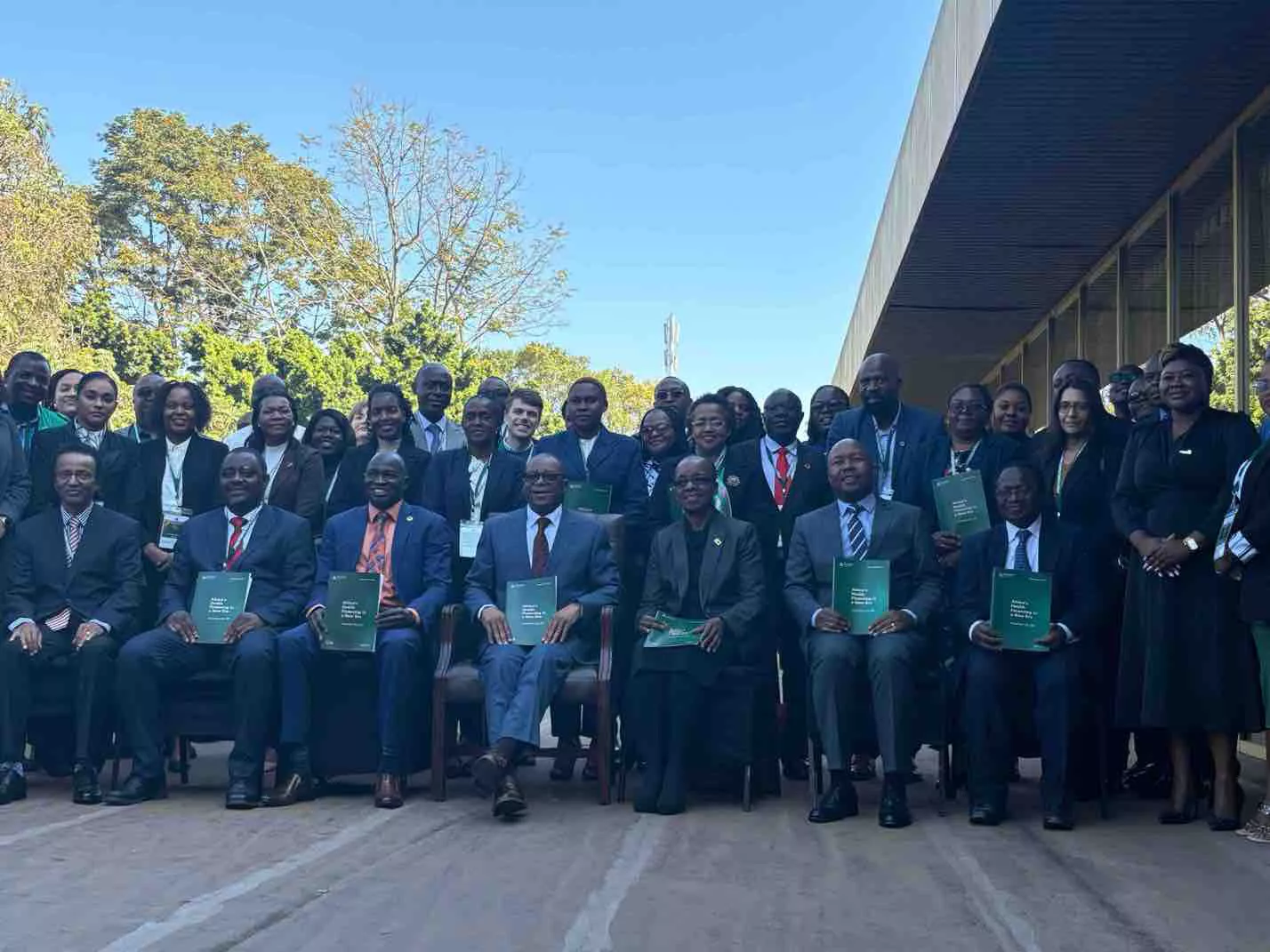By Lovemore Chadzingwa
HARARE – REPRODUCTIVE health and hygiene needs of women and girls are often neglected in times of disaster with communities only prioritising food and accommodation, a senior representative at United Nations Population Fund (UNFPA) has said.
UNFPA Zimbabwe assistant representative Abbigail Msemburi made the remarks in her speech at the official handover of health kits and dignity kits for women and girls in flood hit districts of Mbire, Muzarabani and Tsholotsho while addressing delegates gathered for the ceremony at NatPham regional stores in Southerton Harare, Friday.
“Many women lose access to family planning, exposing them to unwanted pregnancies in perilous conditions. Women and girls become more vulnerable to gender based sexual violence (GBSV), exploitation and HIV infection. And the hygiene needs of the women and girls are often neglected in disaster situations with people calling first for food and accommodation,” Msemburi said, adding: “Their sexual and reproductive health effects are easily overlooked yet these are often staggering.”
The kits for the communities in question were acquired at a cost of almost US$200.000. Acting director for gender in the Ministry of Women’s Affairs, Gender and Community Development (MWAGCD) Chido Tsinakwadi and director epidemiology and disease control in the Ministry of Health and Child Care (MHCC) Dr. Portia Manangazira received the kits on behalf of government. Mobilisation efforts commenced in March this year.
Reproductive health kits will be dispatched to health institutions while the dignity kits will be parcelled out to individuals identified through district civil protection unit (CPU) teams in the respective areas in two-weeks time.
“The need to help the 3 hardest-hit districts was prompted by the adverse effects of national flood disaster. The flooding caused by extremely high rainfall and worsened by tropical cyclone Dineo in March has been declared a national emergency by the government of Zimbabwe (GoZ) who are appealing for international assistance of close to US$200 million to meet both immediate and long term needs of the affected communities.
UNFPA led the United Nations Central Emergency Response Fund (UNCERF) appeal for gender- based violence maternal health assistance which successfully raised about US$198.000 to assist affected communities in the 3 districts. The population centred agency leads other UN agencies mobilise assistance to help nations in times of disaster.
Msemburi stressed her organisation’s commitment to cushion communities in disaster situations with humanitarian supplies, “As UNFPA we’re committed to responding to this disaster under our mandate to leave no one behind particularly those vulnerable women and girls who are among the most affected during humanitarian crises.
It is estimated that 1 in 5 women is likely to get pregnant in times of disaster, according to UNFPA. Without access to reproductive health services especially among women face an increased risk of life-threatening complications.
Rapid assessments conducted by UNFPA, the lead agency for the GBV sub-cluster of the protection sector for the national humanitarian response in the 3 hardest-hit districts highlighted that expectant mothers are at increased risk of maternal death or ante-post-natal complications due to partial or complete damage to the 5 health institutions in the 3 districts as well as the loss or damage of the surgical instruments and essential reproductive heath supplies.
The 5 000 women in the 3 districts are in dire need of life-saving GBV protection services. “The extensive damage of infrastructure forces women and girls to travel long distances to reach growth points in order to access basic services and replace lost essentials, exposing them to higher risk of violence as well as opening avenues for transactional sex,” the assistant representative remarked.
Structural losses create heightened levels of stress oftentimes resulting in domestic violence. The availed dignity kits comprise of essential hygiene items such as sanitary pads, bath towels, soap, underwear, petroleum jelly (Vaseline), combs, tooth paste, tooth brush and wrap overs ( popularly known as Zambias).
Development partners Irish Aid, UK Aid, Government of Sweden and EU chipped in with financial assistance. The hand over ceremony was graced by Natpharm board chairman Dr. George Washaya, NatPharm director Mrs. Flora Sifeku, National Child Rights Coordinator National Program of Action for Children Ms. Anne Musiwa, members of the civic society organisations, staff from both ministries, Natpharm and UNFPA.






